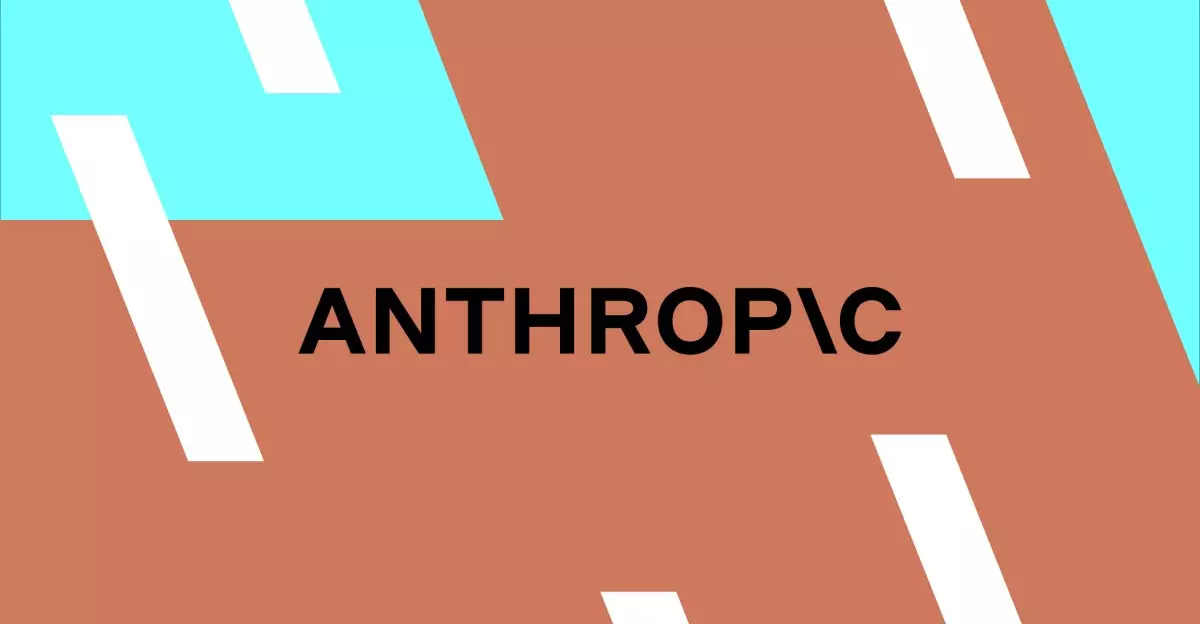In the rapidly evolving landscape of artificial intelligence, Anthropic has emerged as a significant player with its innovative services. This article delves into the newly launched Claude 3.7 and its groundbreaking features, particularly focusing on the hybrid reasoning model and its ambitious coding tool, Claude Code. By thoroughly analyzing these advancements, we can better understand their potential impact on the tech industry and how they revolutionize our interaction with AI.
Anthropic’s latest iteration of its AI model, Claude 3.7 Sonnet, represents a notable leap in functionality compared to its predecessor, Claude 3.5. The release not only promises enhanced performance in coding tasks but also extends its capabilities into the realms of finance and legal analyses. This versatility is vital for today’s fast-paced environment, where AI can be a critical utility across diverse sectors. The model combines reasoning abilities seamlessly within its framework, asserting that reasoning should not be a distinct feature but an integral aspect of its functionality. This signifies a paradigm shift in how developers and businesses might utilize AI tools to streamline operations and problem-solving strategies.
A significant highlight of this launch is Claude Code, an “agentic” coding tool that is poised to redefine the collaboration between developers and AI. Unlike existing coding solutions, Claude Code goes beyond mere syntax correction or code completion; it positions itself as an active collaborator capable of executing a wide array of tasks. From searching and reading code to running tests and managing files on platforms like GitHub, Claude Code offers a comprehensive toolkit for modern developers. This functionality marks a departure from traditional coding assistants, integrating a deeper level of interactivity that empowers users to engage more effectively with their projects.
Financial considerations are always key when integrating new technology, and Anthropic’s pricing structure for Claude 3.7 Sonnet remains consistent with the previous version. With a cost of $3 per million input tokens and $15 per million output tokens, the model is positioned competitively within the market. This approach is crucial, especially as enterprises evaluate the cost-to-benefit ratios of integrating AI solutions into their workflows. Maintaining affordability while advancing capabilities could facilitate wider adoption and integration of AI tools across various industries.
One of the standout features of Claude 3.7 Sonnet is its adaptability to user specifications. Developers can influence how the model functions, dictating response times and altering its problem-solving processes. Such customization emphasizes user control and optimizes the model for specific needs, a significant advantage in software development and other tech-related fields. This adaptability sheds light on Anthropic’s understanding of the modern technological landscape; developers often require tools that can cater specifically to their needs, fostering a more efficient and productive working environment.
As the competition among AI models intensifies, Anthropic has positioned itself at the forefront with the advancements brought forth by Claude 3.7 Sonnet. Observations indicate that the landscape of AI coding tools is transitioning towards creating unified models capable of multitasking and addressing complex challenges. The scenario where developers rely on multiple, specialized AI systems may become obsolete as integrated solutions become increasingly effective and user-friendly. This marks a new era in AI development, where hybrid reasoning models like Claude 3.7 may set the industry standard.
Anthropic’s Claude 3.7 and its accompanying coding tool, Claude Code, signify an important evolution in AI technology. By offering enhanced versatility and an emphasis on user collaboration, these developments have the potential to reshape how developers engage with AI systems. As industries adopt these new tools, we might witness profound shifts in productivity, creativity, and overall project efficiency. Companies must now consider how they can leverage these innovations not just to keep pace but to lead in their respective sectors. The future of AI coding tools is bright, and with Claude 3.7, Anthropic is indeed making promising strides towards unlocking that potential.

